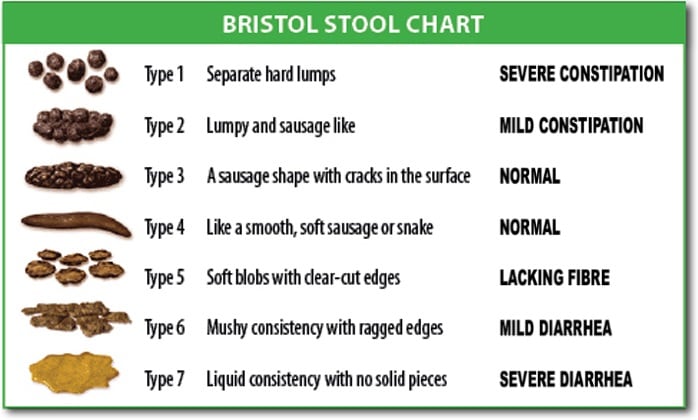Data from a double-blind, randomized, placebo-controlled trial indicated that eight weeks of supplementation with oral doses of B. subtilis C-3102 also led to improvements in abdominal sounds in healthy people with loose stools.
“Although there have been several studies examining the use of probiotics to treat infectious diarrhea and diarrhea caused by antibiotics, studies involving healthy subjects with chronic symptoms are rare, and from the viewpoint of improvement of loose stools symptoms, this study provides valuable data,” wrote Japanese researchers from Asahi Group Holdings Ltd Orthomedico Inc. in Beneficial Microbes.
“The results presented here suggest that ingestion of C-3102 decreased the number of bowel movements per day, and the improvement of [Bristol Stool Scale] suggests that it improved loose stools symptoms.
“In addition, since the gut microbiota also changed in response to C-3102, our findings suggest that the change in the gut microbiota and the improvement in the [fecal] properties may be related.”
Study details

The Japan-based researchers recruited 88 healthy adults aged between 20 and 79 (average age of 42) and randomly assigned them to receive daily probiotic supplements (2.2 billion cfu per day) or placebo for eight weeks. Despite being healthy, the subjects were reported to have loose stools (Bristol Stool Scale of 5, 6 or 7: see figure below).
Results showed that, compared with placebo, C3102 supplements were associated with significant improvements (decreases in the Bristol Stool Scale) after only four weeks, and these statistical differences were maintained until the end of the study.
“These results revealed that the [fecal] properties approached the normal state after C-3102 ingestion for 4 weeks,” wrote the researchers.
In addition, stool frequency was reduced in the probiotic group after eight weeks, while improvements in abdominal sounds were also reported by the study subjects.
The study authors also assessed the gut microbiota, and found significant changes in the relative abundance of Lachnospira, Actinomyces and SMB53 in the C-3102 group, compared with placebo, but the researchers stressed that more research is needed to ascertain if the changes in Actinomyces and SMB53 are correlated with loose stools.
“Based on results presented in this study, it appears that an intake period of 4 weeks or more is necessary to improve chronic loose stools and [diarrhea] symptoms,” wrote the researchers. “[…] we would like to continue further research to clarify the mechanism of its effects in the future.”
Source: Beneficial Microbes
Volume 9, Issue 3, Pages 357–365, doi: 10.3920/BM2017.0103
“Effect of Bacillus subtilis C-3102 on loose stools in healthy volunteers”
Authors: M. Hatanaka, et al.

